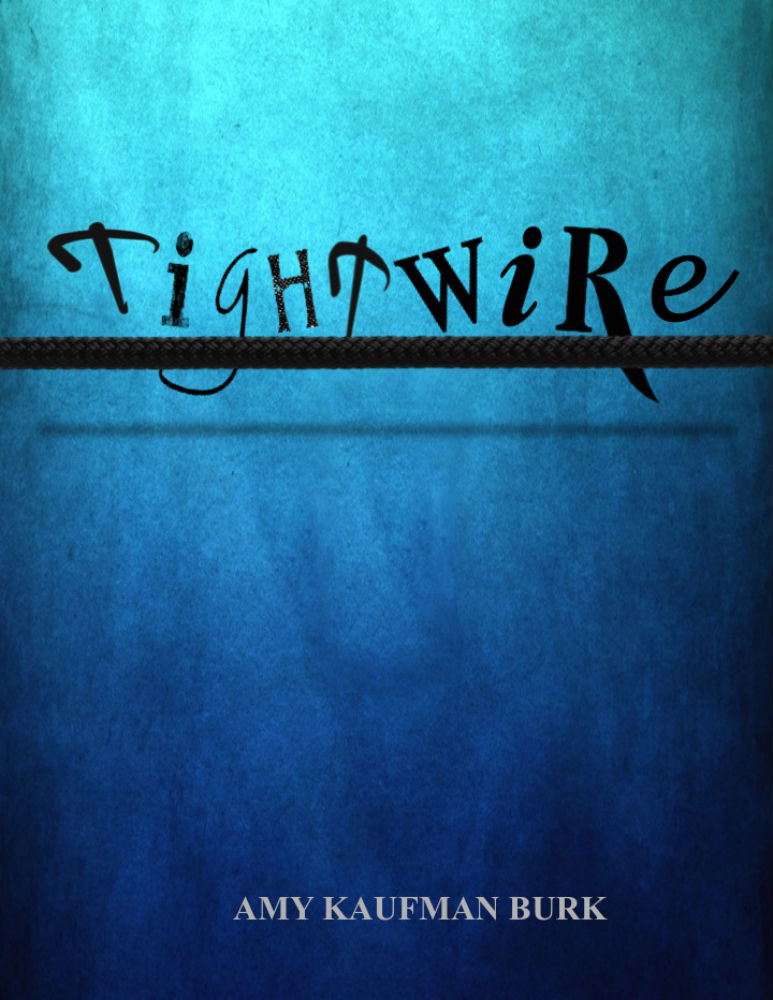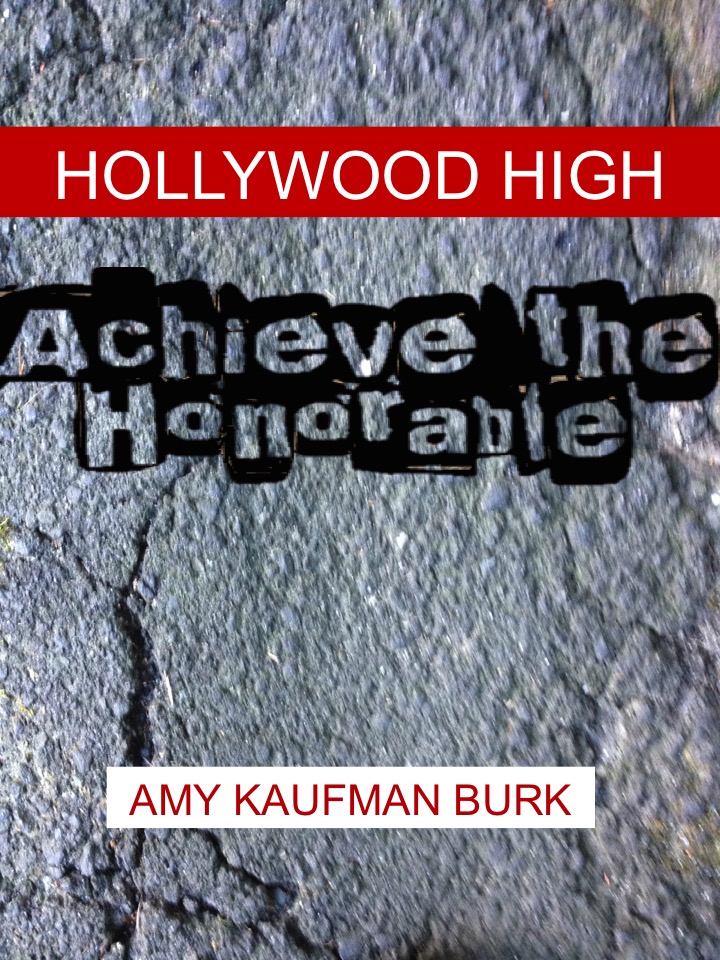Several years ago, an adolescent boy was killed in a hate crime targeting an LGBTQ+ community center. The family set out for a normal day. Instead, their world crashed. “Montford” had never come out to his family members, who were shocked to discover that their 15-year-old son/brother/cousin/nephew had been murdered at a social event for gay teens.
Montford’s aunt “Kate” and uncle “Stan” lived in a city near me, in a different state from Montford. A mutual friend referred them to my psychology practice.
Struggling with the initial wave of shock, Kate and Stan sat in my office for our first meeting. Before I could say a word, they began to speak.
“Our friend said you were comfortable with those people,” Kate anxiously.
“Which people?” I asked.
“Gay people,” Stan shifted nervously.
I nodded.
Stan then stated he wanted an objective opinion.
“An objective opinion about what?” At this point, the tension spiked so high that I asked quietly, “What’s not being said here?”
The floodgates burst open.
It was “unacceptable” that Montford was gay, Kate stated. “Ridiculous, actually.”
“He didn’t even like fashion!” Stan added. “He was on the football team!”
“There was nothing gay about him!” Kate.
“He can’t be gay!” Stan.
“He must have been at the LGBTQ Center by accident.” Kate.
“Maybe he was lost and asking for directions.” Stan.
“The entire situation makes no sense.” Kate.
As one spoke, the other nodded then jumped in, overlapping. They left no room for discussion as they frantically threw out an avalanche of reasons why Montford couldn’t possibly have been gay. Finally, they paused and looked at me expectantly. I waited a few seconds to see if they’d tolerate a short moment of quiet, but quiet wasn’t on their agenda. Kate leapt in.
“You believe us, don’t you? He can’t be gay!”
I listened closely, trying to figure out a path into a productive therapy.
“I can’t think about anything else,” Stan said.
“We can’t even ask Montford about it. We’re stuck with it.” Kate’s eyes filled.
With that comment, she gave me an opening. “I think I understand what you’d like from me — to help you get unstuck, so you can mourn the way you need to.”
They both nodded.
“I want to ask something that you might not expect. Why is it so important that Montford wasn’t gay?”
They talked about their relationship with their nephew, and with Stan’s brother and sister-in-law, Montford’s parents, who also had no idea that he was gay and couldn’t believe it was true. Kate and Stan’s son “Gil,” loved his cousin and was heartbroken to lose him. The boys were the same age and spent two weeks every summer visiting each other, alternating homes.
Stan explained that Gil’s reaction puzzled them. “He doesn’t seem to care whether or not Montford was gay. He’s not focussed on that at all. It’s very strange.”
I tried again. “Can I say something that may seem even more strange?”
They nodded.
“Let’s substitute the word dead for the word gay.”
They exchanged a confused glance, so I did it for them.
“Montford can’t be dead. It’s ridiculous that Montford is dead. It must have been an accident that he’s dead. It makes no sense that he’s dead. There’s nothing dead about him.”
There was a long pause and they both began to cry.
Finally Kate spoke: “It’s much easier to focus on the gay piece than the dead piece.”
Session after session, layer by layer, Kate and Stan grieved. I couldn’t take away their pain, or rush their grieving process. Worst of all, I couldn’t bring Montford back to life. But I could offer them a different path, so that their grieving was, in Kate’s words, “no less painful, but a lot less impossible.”
As they worked through the harsh initial stage of mourning, I wondered if they’d ever be willing to address their homophobia. As it turned out, their son Gil helped the process move forward. Gil’s best friend came out to him. When he told his parents, saying he was so glad his friend felt safe telling him, Kate shook her head.
“Wow,” she said, “I never would have guessed. He always seemed so normal.”
Stan grinned. “Did he try to hit on you? I’ll bet he did. You’re a good looking guy!”
They were completely taken aback when Gil shouted at them and stormed out.
Kate opened the next session. “Gil thinks we’re homophobic assholes.”
“An exact quote,” Stan said.
“Do you think you’re homophobic assholes?”
They both blinked then laughed, surprised by my language.
Kate took a deep breath. “I think maybe Gil’s right.”
Stan nodded. “I hate to admit it, but he has a point.”
“Why do you hate to admit it?” I needed to see whether he’d follow through or veer away from this part of himself.
“I don’t want to be an asshole,” Stan looked down.
“I don’t want to be a bigot,” Kate added.
I held my voice calm. “So you’ve both realized you don’t like a part of yourselves.”
They nodded.
“What do you each want to do about it?” I asked softly, carefully non-confrontational.
This was a turning-point moment in therapy. My job was to show them they had a choice; their job was to choose. Many patients would have chosen to leave the treatment at that point rather than face the painful work ahead. The choice had to belong to them, so I waited. Their eyes locked.
“I feel like a jerk,” Kate said quietly. “I mean, Gil’s best friend is a normal guy. That hasn’t changed one bit. What I said was idiotic.”
“Not as idiotic as making a joke like I did,” Stan winced.
“When we first met,” I said, “you were both focussing on Montford’s being gay because it was less painful than focussing on his death. You were using homophobia to protect yourselves from something that felt more painful. Do you think that’s a piece of what’s going on now?”
We then embarked on one of the most difficult phases of their therapy as they confronted the intersection of their grief for Montford and their homophobia.
Kate wondered “why Montford never told anyone he was gay.”
They tossed ideas back and forth until Stan suddenly caught his breath.
“What’s wrong?” Kate turned to her husband.
He cleared his throat. “Montford didn’t tell anyone because the whole family is filled with homophobic assholes. My brother, my sister-in-law, the two of us. He was probably afraid to tell Gil, because of us. It’s our fault.”
“He must have felt so alone,” Kate whispered.
Over the next several sessions, they talked about what that must have been like for Montford to know he was gay and to be surrounded by people he couldn’t safely tell.
This led to their both talking about their own secrets, the parts of themselves they felt they had to hide.
As a child, Kate was a talented cellist, but also aced her math and science classes. She held a Ph.D. in biology and taught at a nearby college. She never told anyone how much she missed music, which her family considered “frivolous.”
Stan grew up in a family of academics, and he taught chemistry at a university. But he had given up his secret dream, to become a chef. “A kitchen is like a lab. A lot of it is chemistry, except unlike in the lab, you create something wonderful to eat and you can share it with people you love. But where I came from…” Stan trailed off as a thought took hold. “Where I came from cooking was for girls, not guys. When I was little, I’d help my mother in the kitchen. But when I was around ten, my parents started making jokes that I was gay.” Stan closed his eyes. “So I stopped cooking, grew up, and did a version of the same thing to Montford and to Gil’s best friend.”
Over time, they both grieved for Montford, for themselves, for the pain they felt as they hid core parts of themselves, for the much greater pain Montford must have felt, for the closeness they might have had with Montford if they had been more accepting.
“It was us and them,” Kate explained. “We were the us, and anyone who was gay was the them.”
I asked why they thought they had focused so much of their us/them mentality on gay folks.
Stan shrugged sadly. “They’re an easy target. I was on the basketball team in high school. My teammates were always hassling the gay kids. I never stepped in, never stopped them, told gay jokes. I was a coward.”
“I was just as bad,” Kate admitted. “I didn’t care. I didn’t bother to notice when someone was being targeted. I let it happen, sometimes right in front of me, and I just walked away like it was nothing. I was a coward, too.”
I could feel their shame permeate the room, threatening to stop them in their tracks, shut down the issue. So I asked if they could acknowledge the courage involved in admitting cowardice.
A long pause followed.
“Maybe we can change,” Stan quietly. “Starting now.”
“For Montford,” Kate didn’t wipe her tears. “And for us. We’ve missed a lot.”
“We can never make it up to Montford,” Stan said sadly.
Kate nodded. “I failed him. But I can learn.”
“It took us too long to get there, but we’re here now.” Stan reached for her hand.
At the end of the treatment, Kate had started “my own little orchestra” — five friends, five instruments, playing together every month in an informal concert for their families. At each gathering, Stan planned the menu and cooked for the event. Anyone who wanted to cook with him was welcome. “Every time we’re in the kitchen and they call me chef, I feel great,” he smiled. In the colleges where they now taught, both Kate and Stan became active in the LGBTQ/Straight alliances. They began hosting an annual social event in their large yard, with Stan flipping burgers and veggies on their outdoor grill, bringing the two college alliances together.
Two years after our first meeting, we said goodbye. As Kate and Stan walked out of my office for the last time, she turned at the door.
“There’s a path for everyone to become an ally. All you have to do is take the first step. Stan and I will be there, waiting for you.”
“And Montford,” Stan said quietly. “Montford will always be there, too.”
*All identifying information in this essay has been changed.
*This post was first published on Medium, on the platform Prism & Pen.


